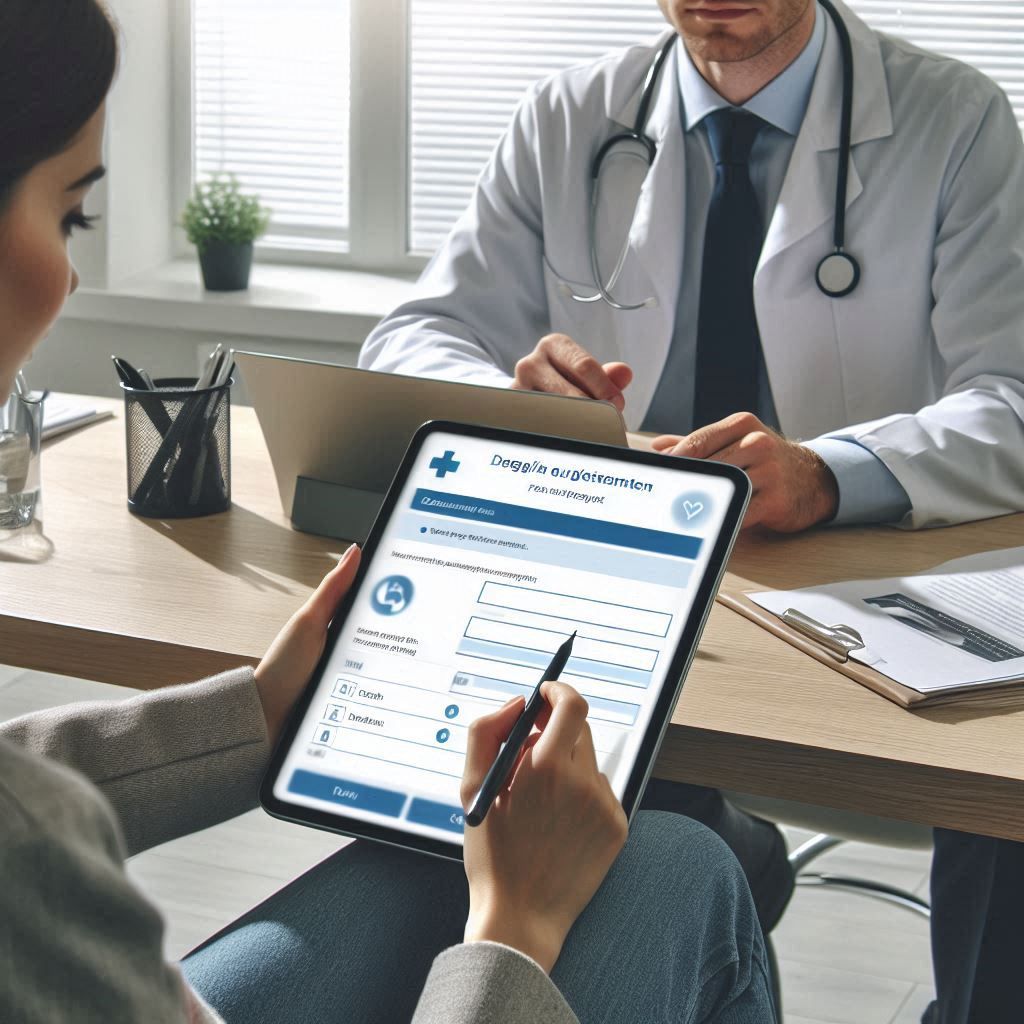Explore the challenges of microbiome clinical trials, including ethical issues and the need for large samples. Discover how Eligible4 streamlines processes, ensuring effective and ethical research outcomes. Table of Contents Complex Landscape of Microbiome Clinical Trials Challenges in Microbiome Clinical Research Why Large Population Samples Are Crucial for Microbiome Research Ethical Considerations in Microbiome Clinical Trials Eligible4 Enhances Clinical Trials in Microbiome Research Complex Landscape of Microbiome Clinical Trials The complex world of microbiome clinical trials is filled with both promising opportunities and formidable challenges. With the potential to unlock transformative insights into human health and disease, microbiome research has become a focal point in modern medicine. However, navigating the ethical considerations and logistical challenges inherent in these studies can be daunting. This post will explore these difficulties and highlight how technologies like Eligible4 can offer solutions that enhance effectiveness and efficiency in microbiome trials. Challenges in Microbiome Clinical Research Investigating the microbiome presents unique challenges that can hinder the advancement of clinical research in this promising area. Here are some of the main difficulties: Complexity and Diversity of the Microbiome: The human microbiome is extraordinarily complex and diverse, varying widely between individuals and even within different locations of the same individual. This diversity makes it difficult to identify consistent patterns and draw universal conclusions. Recruitment Difficulties: Locating and enrolling suitable candidates is often time-consuming and resource-intensive. Standardization Issues: There is a lack of standardization in microbiome sampling methodologies, sequencing, and data analysis. Differences in protocols can lead to inconsistent results, complicating comparisons between studies. Data Management and Analysis: The vast amount of data generated in microbiome studies requires sophisticated bioinformatics tools for analysis. Handling, storing, and interpreting these large datasets can be resource-intensive and demands specialized expertise. Longitudinal Studies: To understand the dynamics of the microbiome and its impacts on health, long-term studies are necessary. These studies are time-consuming and can be logistically and financially demanding. Interdisciplinary Collaboration: Effective microbiome research often requires collaboration among multiple disciplines, including microbiology, clinical medicine, bioinformatics, and biostatistics. Coordinating these efforts and ensuring effective communication can be challenging. Ethical and Regulatory Considerations: Conducting microbiome research involves ethical and legal considerations, especially regarding participant privacy and data protection. Regulatory compliance can add another layer of complexity to the research process. Navigating the complex web of regulations and ethical guidelines can delay timelines. Translational Challenges: Translating microbiome research findings into clinical practice is not straightforward. There is still a gap in understanding how to apply these findings to develop effective treatments and interventions. Addressing these challenges requires concerted efforts to standardize methodologies, invest in bioinformatics infrastructure, promote interdisciplinary collaborations, and ensure ethical and regulatory compliance. With the right strategies, the potential of microbiome research can be fully realized. Why Large Population Samples Are Crucial for Microbiome Research Microbiome research is a frontier that has captured the imagination of scientists and healthcare professionals alike. However, to ensure that findings are robust and widely applicable, these studies must involve large population samples. Here’s why: Diversity in Microbiota: The human microbiome varies significantly between individuals, influenced by factors like diet, environment, and genetics. Large samples help capture this diversity, enabling more accurate and comprehensive results. Statistical Power: Larger sample sizes help in detecting significant effects and relationships within the data, reducing the likelihood of false positives. Generalizability: Studies with ample participants are more likely to produce results that are applicable across different populations, enhancing the utility of findings in clinical settings. How Eligible4 Can Assist: Eligible4 can streamline the recruitment process for these large population samples, offering targeted solutions to identify and enroll eligible participants quickly and efficiently. Ethical Considerations in Microbiome Clinical Trials The ethical landscape of microbiome clinical trials is fraught with challenges that require careful navigation: Informed Consent: Participants must be fully informed about the study’s purpose, potential risks, and benefits, especially given the complex nature of microbiome research. Privacy Concerns: Handling sensitive genetic data necessitates stringent privacy measures to protect participants’ identities and personal information. Benefit vs. Risk: Researchers must balance the potential benefits of the study with any risks it poses to participants, ensuring ethical integrity. Addressing Ethical Concerns: Robust Consent Processes: Eligible4‘s platform can offer tools to ensure participants receive comprehensive information and understand the consent process thoroughly. Data Security Solutions: Advanced security measures embedded in Eligible4 help protect sensitive participant data against breaches or misuse. How Eligible4 Enhances Clinical Trials in Microbiome Research Eligible4 is at the forefront of revolutionizing clinical trials, particularly in the microbiome research arena. Here’s how it can help: Efficient Recruitment Tools: Streamlines the process of finding and onboarding trial participants. Regulatory Compliance Monitoring: Ensures trials adhere to necessary regulations and ethical standards. Advanced Data Management: Provides tools for seamless data collection and analysis, improving trial outcomes. Eligibility Screening: Identify qualified participants, reducing recruitment time. Integrated Trial Referral Management: Offers a cohesive system for managing all trial aspects of getting referrals from other institutions. Adaptive Trial Details: Supports adaptive settings that can adjust in response to interim results, optimizing trial efficiency and success. With Eligible4, streamline your microbiome clinical trials for better efficiency and accuracy. Discover the platform’s potential today. Contact Us! Embracing Eligible4 for Effective Microbiome Research The path to successful microbiome clinical trials is lined with challenges, from securing large population samples to addressing ethical concerns. However, with tools like Eligible4, researchers can overcome these obstacles efficiently, ensuring their studies are well-structured, ethical, and impactful. Embrace the future of microbiome research with Eligible4, and transform your clinical trials into model studies of precision and efficiency. Explore Eligible4 now to enhance your microbiome clinical research efforts. Start your journey towards streamlined, effective trials today!










